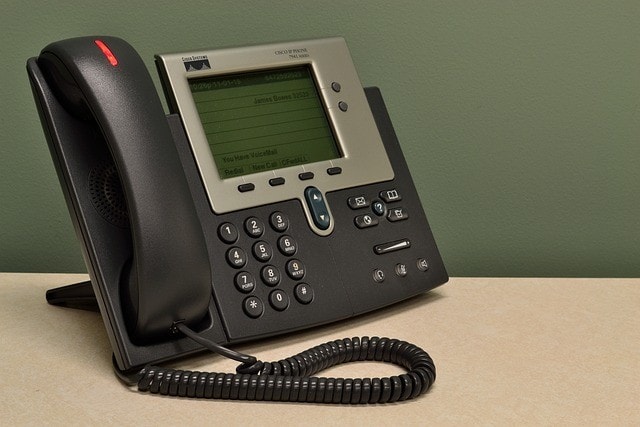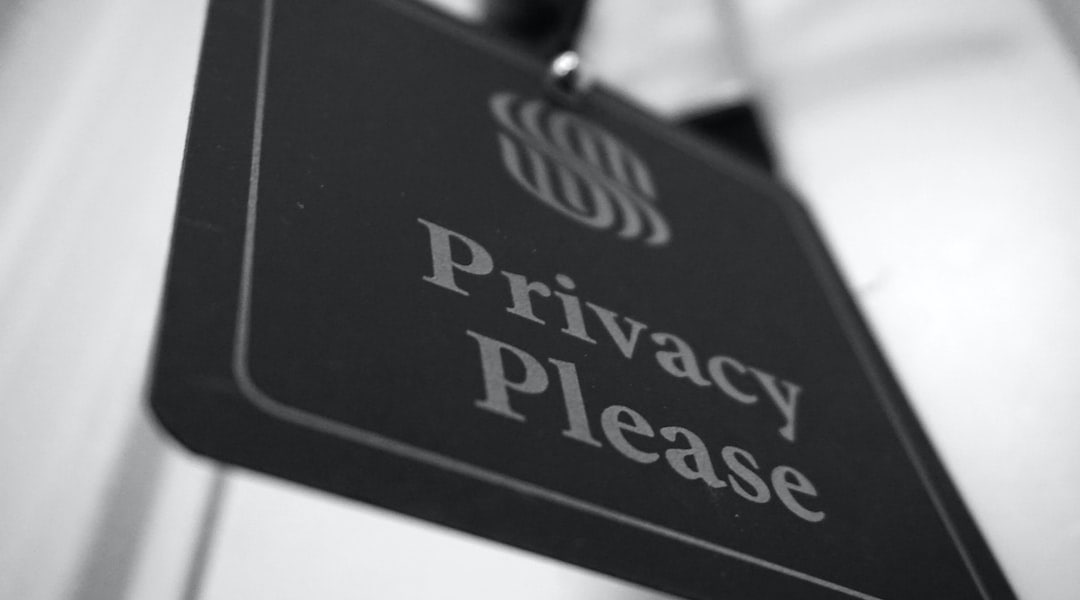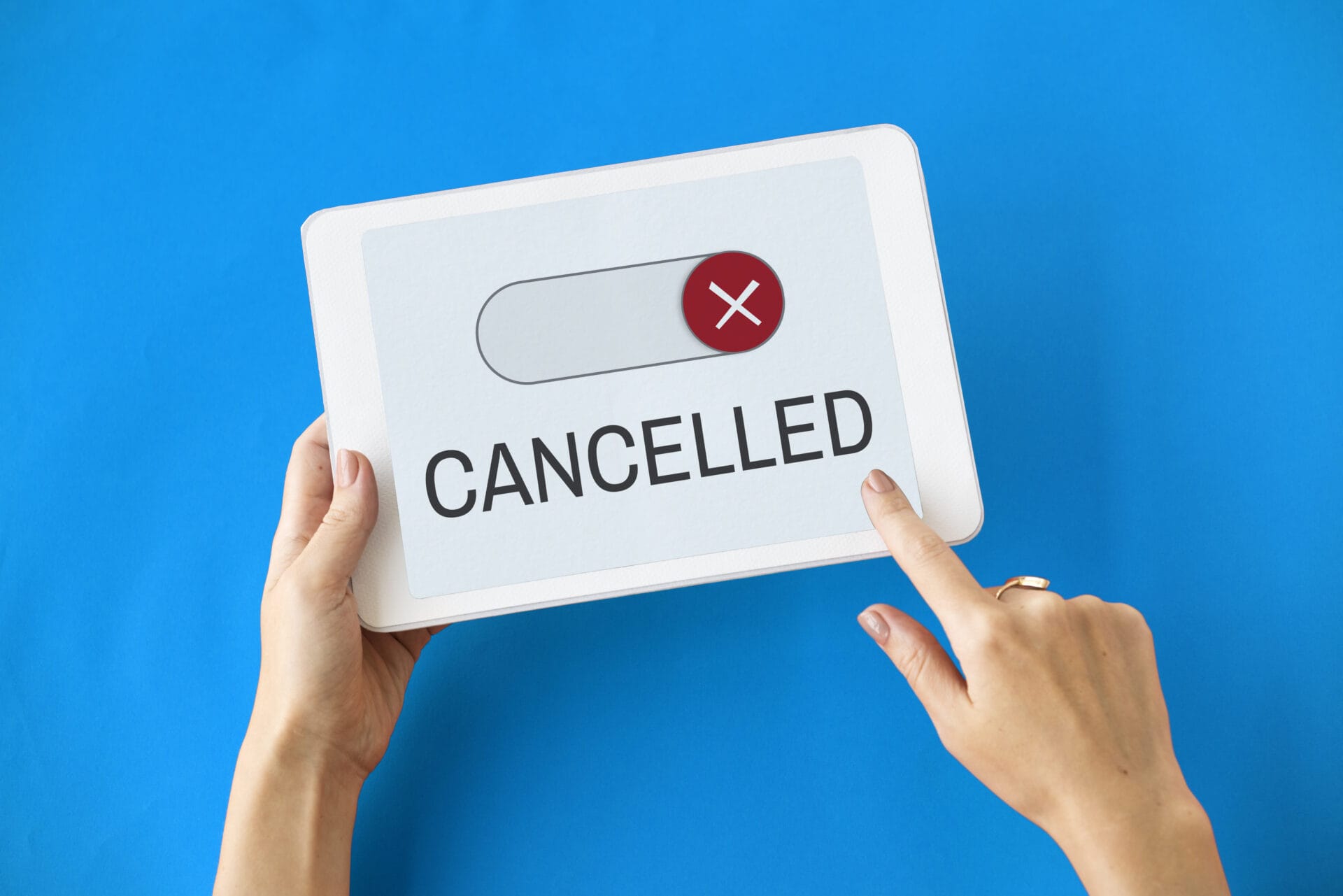The Importance Of Dental Appointment Cancellation Policies
Dental appointment cancellation policies vary from practice to practice, and it is important for patients to understand the ins and outs of these policies to avoid any misunderstandings or unexpected fees.

The Importance Of Dental Appointment Cancellation Policies
Dental appointment cancelation policies play a crucial role in maintaining the efficiency and quality of dental practices. While it is understandable that unforeseen circumstances may require patients to cancel or reschedule their appointments, it is important to recognize the impact of such cancelations on the dental clinic and the patient’s overall oral health.
Timely notification is essential when it comes to canceling a dental appointment. Dental clinics often have a waiting list of patients who are in need of immediate dental care. By notifying the clinic promptly, patients allow the clinic to fill the vacant appointment slot with another patient who may be in need of dental treatment. This not only prevents unnecessary gaps in the schedule for dentistry but also ensures that patients receive timely care.
In some cases, dental clinics may charge a cancelation fee if patients fail to provide adequate notice. This is done to compensate for the lost opportunity to fill the appointment slot and cover any expenses incurred due to the cancelation. It is important for patients to be aware of the cancelation policy and potential fees associated with cancelations, as this can help them make informed decisions and avoid any unexpected charges.
Beyond the financial spend time aspect, timely cancelation also has a significant impact on a patient’s oral health. Regular dental check-ups and cleanings are essential for maintaining good oral hygiene and preventing any potential dental issues. By canceling appointments without proper notice, patients may delay or miss out on crucial preventive care, leading to the development of more complex dental problems in the future.
Furthermore, dental clinics often allocate specific time slots for each appointment, ensuring that there is sufficient time to address the patient’s dental needs. When patients cancel appointments last minute or fail to show up without any prior notification, it disrupts the workflow of the clinic and may result in wasted resources and time. This can have a domino effect on other patients scheduled for the day, causing delays and inconvenience for everyone involved.Overall, understanding and respecting dental appointment cancelation policies is of utmost importance. By providing timely notification and adhering to the policies set by dental clinics, patients contribute to the smooth operation of the practice and maximize their own oral health benefits. Clear communication, mutual respect, and consideration for both the dental clinic and fellow patients are key in navigating dental office cancelation policy and appointment cancelations effectively.

Understanding The Reasons Behind Dental Appointment Cancelations
There can be various reasons why patients may need to cancel or reschedule their dental appointments. Understanding these reasons can help dental clinics better address patient needs and potentially reduce the number of cancelations. Some common reasons behind dental appointment cancelations are:
1. Personal Emergencies or Illness: Patients may have unexpected personal emergencies or fall ill, making it impossible for them to keep their dental appointment. In such cases, it is important for patients to notify the dental clinic as soon as possible to allow them to fill the vacant next appointment time slot.
2. Work or Travel Commitments: Patients may have work-related or travel commitments that arise unexpectedly and clash with their scheduled dental appointment. Busy schedules and last-minute changes in professional or personal plans can lead to cancelations.
3. Fear or Anxiety: Dental anxiety is a common issue among patients, and it can cause them to cancel or avoid dental appointments altogether. Fear of dental procedures or past negative experiences can contribute to this anxiety. Dental clinics can address these concerns by creating a comfortable and supportive environment for patients, offering sedation options, or providing information on relaxation techniques.
4. Financial Constraints: Patients facing financial difficulties may need to cancel appointments due to the inability to afford treatment or unexpected expenses that arise. Dental clinics can help patients by offering flexible payment options, discussing treatment plans and associated costs in advance, and providing guidance on insurance coverage.
5. Lack of Transportation: Patients who rely on public transportation or who face difficulty arranging transportation may need to cancel appointments if they are unable to find a suitable means of reaching the dental clinic. Offering flexible appointment times can help address this issue.
6. Communication Issues: In some cases, patients may forget their appointment or fail to receive reminders due to communication breakdowns. Ensuring clear and effective communication channels and providing appointment reminders through various channels (such as phone calls, text messages, or email) can help minimize this problem.
By understanding the reasons behind dental appointment cancelations, dental clinics can adapt their policies and practices to better accommodate patients’ needs and reduce the likelihood of cancelations. Open communication, flexibility, and empathy toward a patient’s circumstances are key to maintaining a successful dental practice while prioritizing patient care.

https://unsplash.com/@soymeraki
How To Effectively Communicate Your Dental Appointment Cancelation Policy
An effective dental appointment cancelation policy is crucial for maintaining a smooth and efficient practice. It helps to minimize appointment no-shows and last-minute cancelations, ensuring that valuable time is not wasted and that other patients can be accommodated.
Here are some tips on how to communicate your appointment cancelation policy to patients:
1. Make it clear and accessible: Ensure that your cancelation policy is clearly stated and easily accessible. Include it on your practice’s website, in appointment confirmation emails or texts, and in appointment reminder materials. Make sure the policy is written in plain and easy-to-understand language.
2. Explain the importance: Clearly communicate to patients why your cancelation policy is necessary. Stress the importance of maintaining a well-managed schedule and the impact that last-minute cancelations can have on other patients who may be in need of dental care.
3. Provide advance notice requirements: Specify the amount of advance notice required for cancelations or changes to appointments. This notice amount could be 24, 48, or 72 hours, depending on your practice’s needs and scheduling constraints. Emphasize the need for patients to notify the clinic as soon as they know they need to cancel or reschedule.
4. State the consequences: Clearly outline the consequences of late cancelations or no-shows. This could include a fee for missed appointments or a policy that limits rescheduling for patients who have a history of frequent cancelations or no-show here. Make it clear that these measures are in place to ensure fairness to all patients and to maintain the highest level of care.
5. Offer alternative options: If possible, provide alternative options for patients who need to cancel or reschedule. This could include a waiting list for last-minute appointment openings, the option for patients to sign up to be notified of cancelations, or flexible rescheduling options.
6. Be understanding and empathetic: While it is important to enforce your cancelation policy, it is equally important to show understanding and empathy towards patients’ circumstances. Communicate that you understand that emergencies happen and unforeseen circumstances can arise and that you will work with patients to find a suitable solution whenever possible.
7. Train your staff: Ensure that your front desk staff are knowledgeable about the cancelation policy and can communicate it effectively to patients. They should be trained on how to handle cancelation requests and address any concerns or questions about appointment policies that patients may have.By effectively communicating your dental appointment cancelation policy to patients, you can help to minimize no-shows and last-minute cancelations, allowing for more efficient and patient-centered practice.

https://unsplash.com/@einfachlaurenz
Managing The Logistics Of Dental Appointment Cancelations
Managing the logistics of dental appointment cancelations involves implementing efficient systems and protocols to handle cancelations and rescheduling requests. Here are some key strategies to ensure smooth management of appointment cancelations:
1. Online appointment management system: Implement an online appointment management system that allows patients to cancel or reschedule their appointments easily. This system should provide a user-friendly interface and send automated confirmation and reminder messages to patients.
2. Clear cancelation policy: Clearly communicate your cancelation policy to patients at the time of booking and during appointment confirmations. Ensure that the policy includes the notice period required for cancelations and any applicable fees for late cancelations or no-shows.
3. Centralized scheduling coordination: Assign a dedicated staff member or team responsible for managing appointment scheduling and cancelations. This person should have access to the appointment management system and be responsible for coordinating with patients and rescheduling appointments based on availability.
4. Waiting list management: Create a waiting list for patients who are willing to be notified of last-minute cancelation openings. This allows for the efficient filling of canceled appointments and minimizes gaps in the schedule. Notify patients on the waiting list promptly and offer them the opportunity to claim the available slot.
5. Follow-up communication: Establish a system for follow-up communication with patients who have canceled or rescheduled their appointments. This can include sending confirmation emails or texts for the new appointment, as well as sending reminders closer to the scheduled date. Effective communication helps ensure that patients are well-informed and reduces the likelihood of missed appointments.
6. Staff training: Train your staff on the cancelation management procedures and provide them with effective communication skills to handle patient inquiries and concerns regarding cancelations. Staff should be knowledgeable about the cancelation policy and be able to explain it clearly to patients.By implementing these strategies, you can effectively manage the logistics of dental appointment cancelations, minimize disruptions to the dentist’s office schedule, and provide a seamless experience for your patients.

Prioritizing Dental Appointment Cancelations For A Successful Practice Effectively managing dental appointment cancelations is crucial for maintaining a successful practice. By implementing the strategies outlined above, dental clinics can prioritize and streamline the process of handling cancelations, ensuring minimal disruptions to the schedule and providing a seamless experience for patients.


